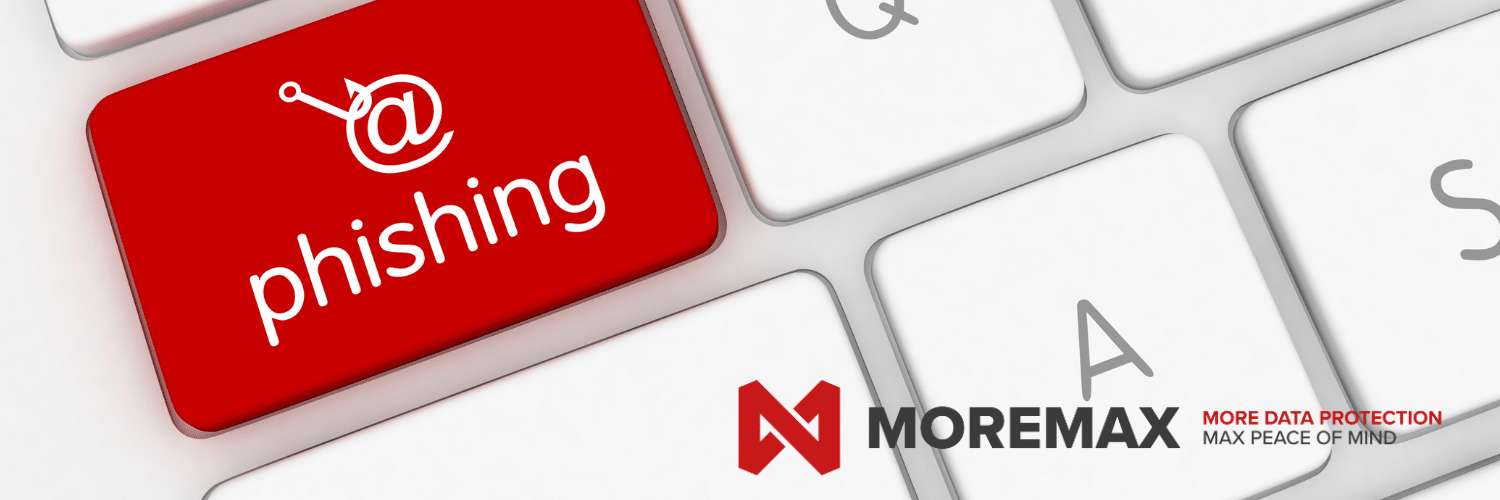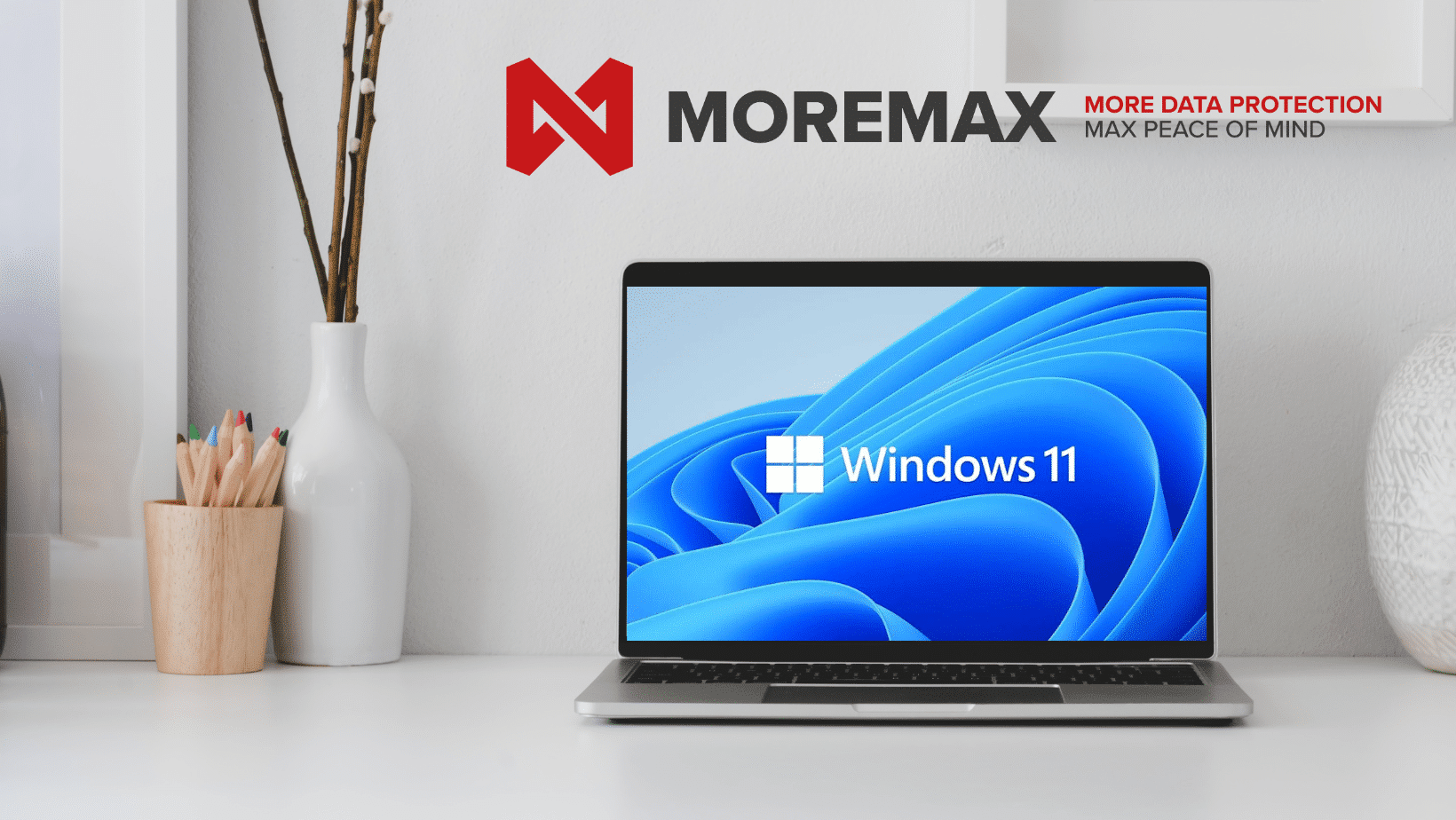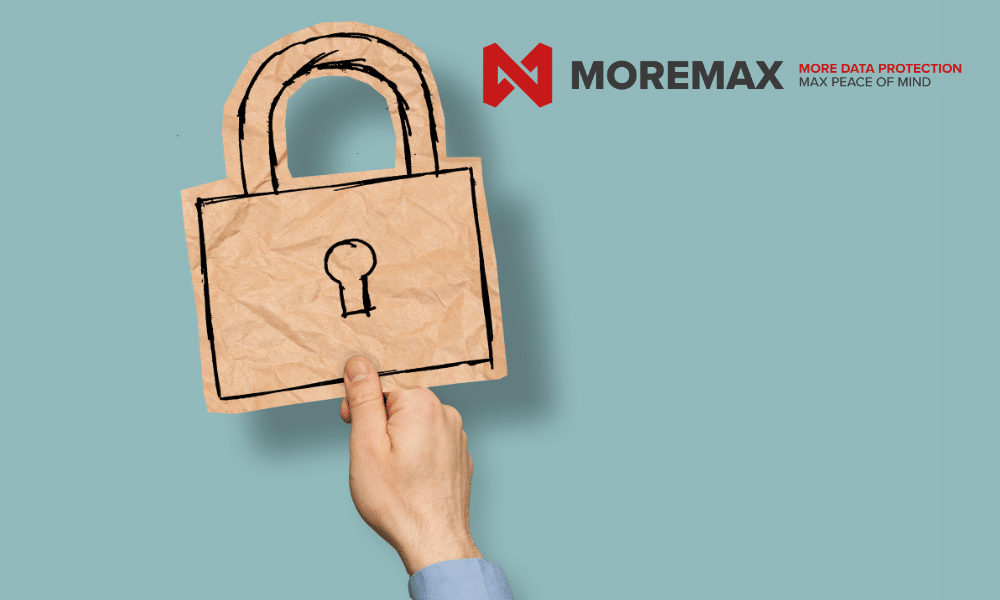
Phishing is a type of cyber-attack in which scammers use fraudulent emails, messages, or websites to trick individuals into revealing sensitive information, such as usernames, passwords, credit card details, or other personal information.
Con artists are constantly coming up with new creative ideas in which they try to get all your juicy personal information, as they did recently with YouTube, who now warns that their accounts might be at risk.
Here are some warning signs and preventive measures you can take to protect yourself and your business:
Be cautious of emails or messages asking for personal information: Legitimate companies, including YouTube, will never ask you to provide personal information, such as usernames, passwords, or credit card details, via email or messages. If you receive an email or message asking for such information, be cautious and verify the authenticity of the request by contacting the company directly through their official website or customer support channels.
Verify the sender’s email address: Phishing emails often use fake or spoofed email addresses that may look similar to the official email address of a company, but with slight differences or misspellings. Always double-check the sender’s email address to ensure it matches the official email address of the company. Be wary of any suspicious email address or domain that looks unfamiliar or suspicious.
Check for grammatical or spelling errors: Phishing emails often contain grammatical or spelling errors, which can be a red flag indicating that the email may not be legitimate. Legitimate companies typically have professional communication standards and do not send out emails with glaring language mistakes. If you notice such errors, be cautious and investigate further before taking any action.
Avoid clicking on suspicious links or downloading attachments: Phishing emails often contain links or attachments that may redirect you to fake websites or download malware onto your device. Avoid clicking on any suspicious links or downloading attachments from unknown sources. Always hover over links to check their legitimacy before clicking on them, and only download attachments from trusted sources.
Enable two-factor authentication (2FA): Two-factor authentication adds an extra layer of security to your online accounts, including YouTube. By enabling 2FA, you will need to provide an additional verification, such as a unique code sent to your mobile device, when logging into your account. This can help prevent unauthorized access even if your username and password are compromised.
Keep your software and devices up to date: Regularly update your software, operating system, and devices with the latest security patches and updates. This helps to protect your devices from known vulnerabilities that scammers may exploit to gain unauthorized access to your personal information.

Educate yourself and your staff to stay vigilant: Stay informed about the latest phishing techniques and scams, and educate yourself on how to identify phishing emails or messages. Be cautious of unexpected emails or messages asking for personal information or urgent actions, and verify their authenticity before taking any action. Trust your instincts and be cautious of anything that seems suspicious or too good to be true.
In conclusion, prevention is key to avoiding falling victim to phishing scams. By being cautious, verifying the authenticity of emails or messages, avoiding clicking on suspicious links or downloading attachments, enabling two-factor authentication, keeping your software and devices up to date, and staying informed and vigilant, you can significantly reduce the risk of falling prey to phishing attacks, including those targeting YouTube or any other company. Remember, it’s always better to be safe than sorry when it comes to protecting your personal information and online security.
Get in contact with us if you need assistance or advice on how to protect your business and customers information: Cyber-security is our business.








Related Posts